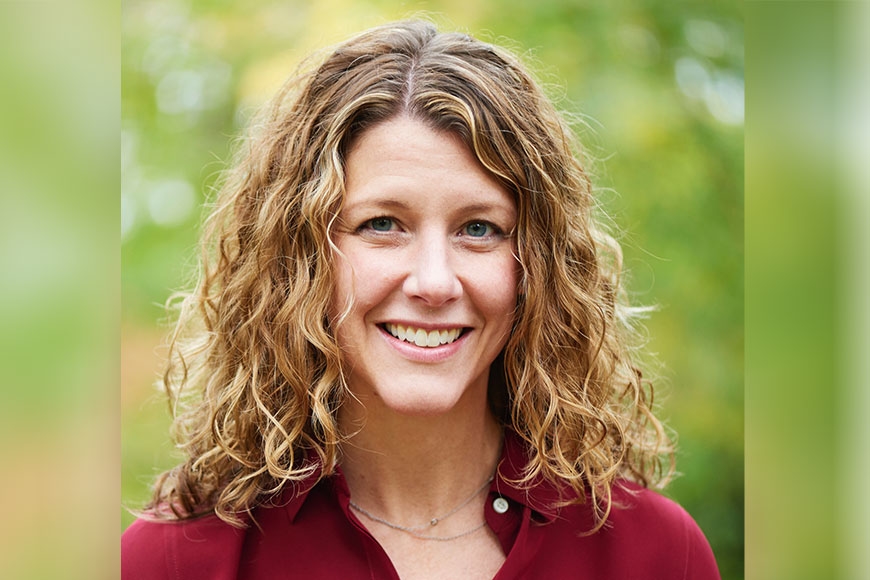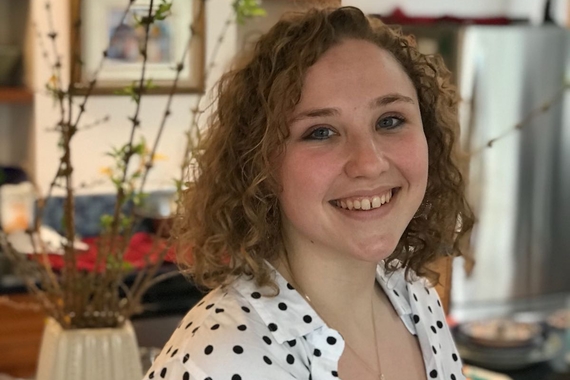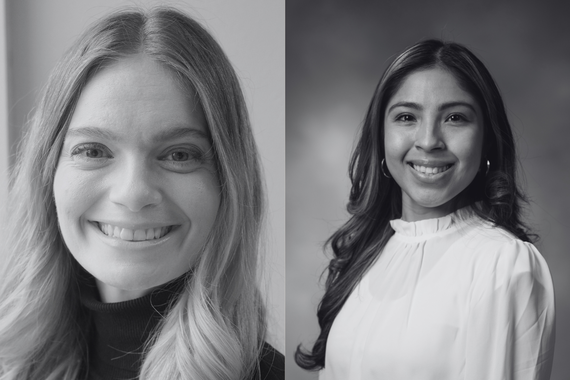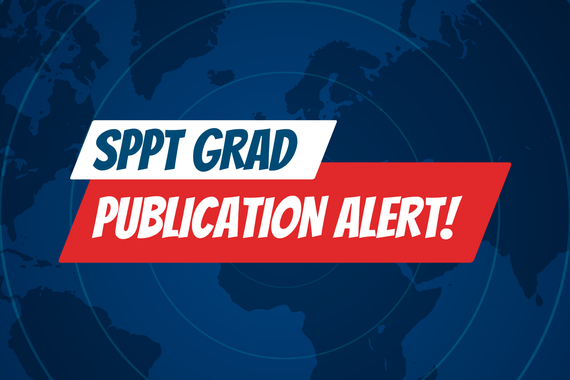Not Ready to Stop Learning
Carolyn Sakstrup (BA ‘99, Spanish major, minors in Latin American studies and Studio Art) is a senior vice president in marketing at Target. She discusses how studying another language helped her cultivate new, unique ways of thinking and prepared her for a rewarding career.
When you were in school, did you have a specific plan for how to translate your degree into a career?
I know there are many soon-to-be graduates out there who likely have plans for a very specific professional application of their degree—they are stepping into or continuing on the path of a career for which their degree makes them specifically qualified… I was not in that camp twenty years ago.
But if I knew then what I know now, my response to that question would have been, “I do not have specific plans for my career for which my Spanish degree makes me specifically qualified, but I have the desire to keep learning–las ganas, as we say in Spanish—and I know what I want to keep learning now. If I can keep saying that over the course of my career, then my formal and continued education will make me uniquely qualified for all that I will accomplish in my life. And the potential for that is limitless.”
I couldn’t have possibly had the confidence and wisdom to say all of that then. It’s a privileged position to look back over the past 20 years and see the linear path and the logical connections that have proven that statement to be true.
How has studying Spanish prepared you for what you are doing now?
Today, I am a senior vice president in marketing at Target, where I lead loyalty marketing, guest data management, and marketing guest insights. In a nutshell, this means that I get paid to spend my days helping Target to see the 150 million guests we serve as people with needs. I get to lead the team that helps all of Target to better know our guests and deliver relevant, differentiated experiences for them. We do this through data and technology-enabled tools, but we also do this through important human interaction, like ethnographic research.
The path that brought me to where I am today as a key leader of a major enterprise is a story of not being ready to stop learning. In addition to the love of learning and desire to keep learning, the other through-line in my career path has been a deep appreciation for human relationships, and how they are at the core of all of our work to get things done.
How has your liberal arts education given you an advantage in your field?
For me, second language acquisition was really hard work. I wasn’t a natural, I hadn’t started Spanish until high school, and I didn’t have my eyes set on a profession that depended on becoming bilingual. But I kept plugging away, long past my second-language requirement, because I recognized the potential of connections outside of the world that I had known. I didn’t have a passport until I was getting ready to go to Costa Rica my junior year. The world was literally opening up to me.
What is the value of pursuing a degree in another language?
I see the pursuit of learning another language as one of the purest demonstrations of curiosity, respect for diversity, and desire to connect with others that one could possibly take.
When you realize that your first language is limited because there is a better word to represent an idea in a second language, that is the moment you understand that any one language is an imperfect technology and that we all need to work harder to find and communicate the essence of what is important.
How has studying another language and other cultures influenced the way you think?
There are many signficantes for every significado. I learned this linguistics concept in Spanish, and it’s still easier for me to understand it in Spanish than English. The idea is that a mental concept that is signified—the essence of what something is—has many different signifier words to describe it. That is a table. That is also known as a mesa. Changing the signifier doesn’t change the underlying essence of the thing. This is actually a very good life lesson that has served me well over the years; you and I have many different words to describe the essence of things. If we work a little harder, we might come to a new common place of understanding, and the connection between us will grow stronger for that.
This story was written by an undergraduate student in Backpack. Meet the team.



